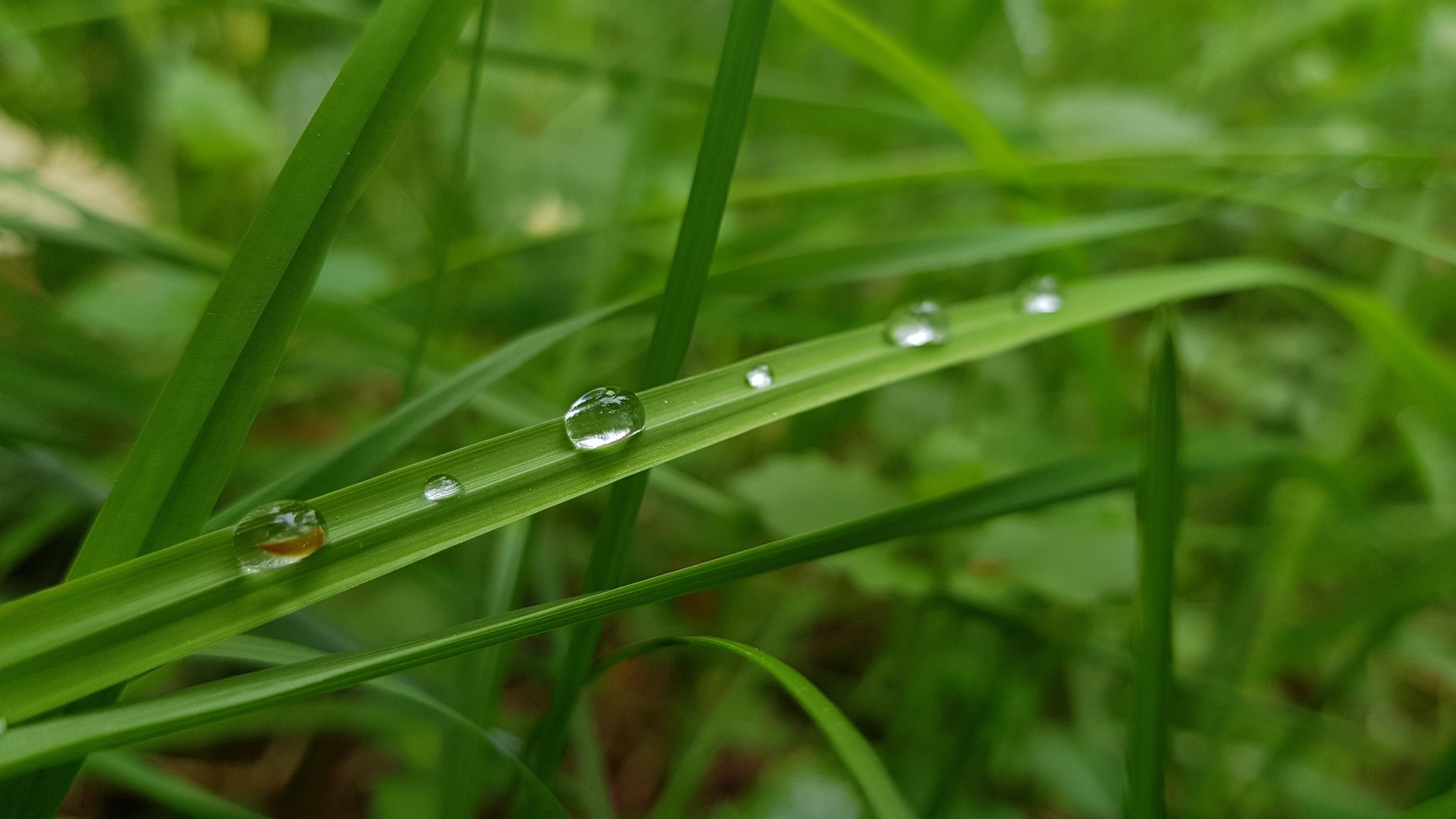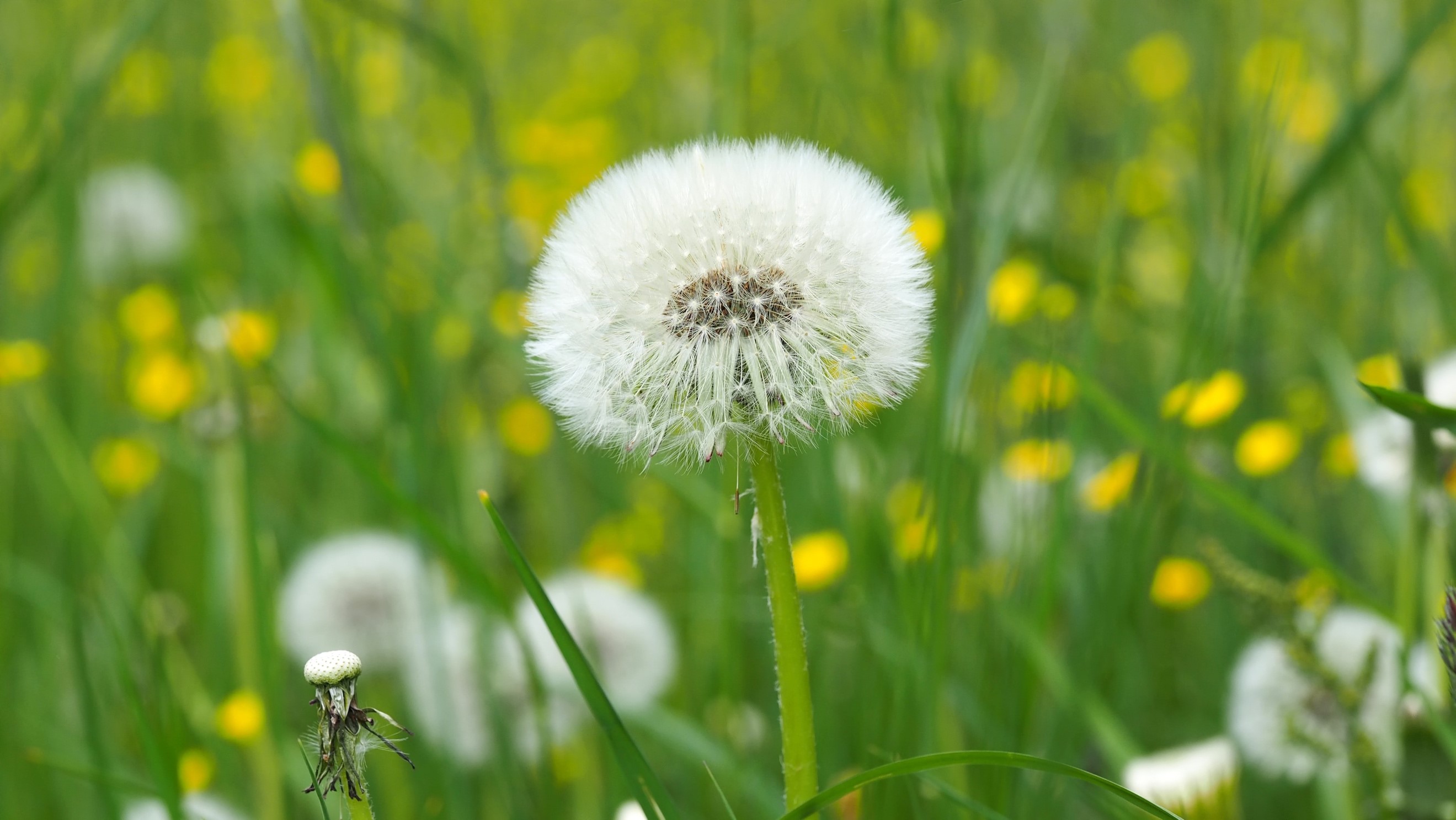6 Mistakes That Are Killing Your Lawn
Tags: Landscaping, Hardscaping, Outdoors, Lawn Maintenance, Tree Trimming & Removal
 Taking care of your lawn seems like a fairly straightforward task: Mow when it gets too long, give it some water when it’s dry, and feed it every so often. Yet even when you are doing everything you think you’re supposed to be doing to maintain your lawn, you might be doing things that are actually killing the grass. And if you only have a small patch of yard to begin with, those mistakes can be even more devastating – and frustrating.
Taking care of your lawn seems like a fairly straightforward task: Mow when it gets too long, give it some water when it’s dry, and feed it every so often. Yet even when you are doing everything you think you’re supposed to be doing to maintain your lawn, you might be doing things that are actually killing the grass. And if you only have a small patch of yard to begin with, those mistakes can be even more devastating – and frustrating.
If all of this sounds familiar, you aren’t alone. Many homeowners make mistakes with lawn care that damage the grass, sometimes beyond repair. If you know what not to do, though, and follow these lawn care tips, you will have a healthy, lush green lawn you can be proud of – even if it’s the size of a postage stamp.
Watering Too Often
When it comes to watering your lawn, you can have too much of a good thing. Although drought conditions can make your grass brown and dry, it’s far more common for homeowners to overwater the lawn, leaving it susceptible to disease, pests, and other problems. Most grasses need anywhere from ¾” to 1” of water every week, and it’s better for that to happen with one really good soaking than multiple short bursts. This way, the water can really penetrate the soil and reach the roots, which need the water the most. On weeks where there are lots of rain showers or steady rain? You’re off the hook and can skip watering.
Cutting the Grass Too Short
You might be concerned about running afoul of HOA rules, or just like to keep your grass on the shorter side but cutting the grass too short is a fast track to a dead and brown lawn. When the blades are too short, they don’t absorb water and nutrients as well, and are more susceptible to being burned by the sun. To help preserve your grass, never trim more than a third of the blade at a time and keeping the blades about 2-4 inches high.
Feeding Incorrectly
Although many homeowners think that a single annual feeding is enough to keep their lawn healthy and green, the fact is your grass needs a nutrient boost throughout the year. Plan to feed your lawn with an appropriate fertilizer once per season. To choose the right food, you’ll need to know what type of grass you have, whether it is a warm or cool season grass, and its specific nutritional needs. Be sure to follow the instructions carefully to avoid overfeeding, which can actually burn and kill the grass.
Ignoring Weeds
 Weeds are an invasive annoyance that if left unchecked, can wreak havoc on your lawn – and even spread to neighbors’ lawn as well. You might enjoy blowing on that dandelion to make a wish, but you might as well wish for a healthy lawn, because once a weed takes hold, you are going to have trouble. It’s better to stay on top of the weeds in your lawn and kill and remove them as quickly as possible before they spread. Otherwise, you will have to kill larger swaths of weeds, and end up with bare patches which only encourage, you guessed it, more weeds. Don’t let the weeds get the best of you, then, and eliminate them before they become a bigger problem.
Weeds are an invasive annoyance that if left unchecked, can wreak havoc on your lawn – and even spread to neighbors’ lawn as well. You might enjoy blowing on that dandelion to make a wish, but you might as well wish for a healthy lawn, because once a weed takes hold, you are going to have trouble. It’s better to stay on top of the weeds in your lawn and kill and remove them as quickly as possible before they spread. Otherwise, you will have to kill larger swaths of weeds, and end up with bare patches which only encourage, you guessed it, more weeds. Don’t let the weeds get the best of you, then, and eliminate them before they become a bigger problem.
Misidentifying Problems
It’s easy to spot problems with your grass. It’s a little more complicated to identify the exact problem and correct it. Before you begin taking corrective measures to fix a lawn problem, whether you suspect disease, pests, or something else, be sure you’re addressing the right issue. Get professional help if you need to. Otherwise, you risk treating the wrong thing, and even making the problem worse.
Leaving Things on Your Lawn
Grass needs air, sunlight, and water to survive. Take away any one of those things, and you’re left with a dead patch. Leaving things on the grass, from toys to lawn equipment, is going to kill the grass and leave you with wilted, brown, or bare spots. Make a point of cleaning up at the end of every day and putting items away. Not only will you save your grass, but your yard will look neater.
Taking good care of your lawn isn’t complicated, but it does require doing things correctly. Avoiding these common mistakes will keep your lawn healthy – and prevent a lot of lawn care related headaches.